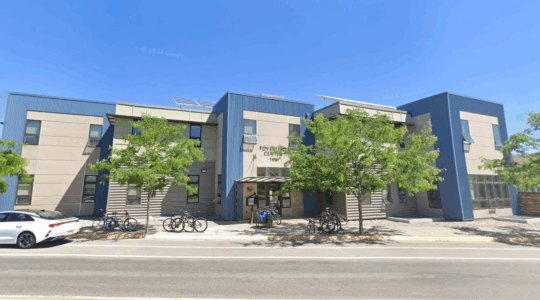Israel’s Security Cabinet held a review of the situation in southern Lebanon since the 2006 war with Hezbollah.
Prime Minister Ehud Olmert convened top Cabinet colleagues at short notice Wednesday for a discussion of how U.N. Security Council Resolution 1701, which ended the Second Lebanon War in a truce and instituted a package of stability measures, has held up.
Israeli officials say that while Hezbollah now has little visible presence in southern Lebanon, its heartland, a boosted U.N. peacekeeper force there has not prevented the militia from rearming in secret. Hezbollah is now believed to have 40,000 rockets in its arsenal – a three-fold increase from two years ago.
Resolution 1701 called for Hezbollah to be stripped of its weapons and for the immediate release of two Israeli soldiers whose seizure by the Iranian-backed militia triggered the war. Those soldiers, Ehud Goldwasser and Eldad Regev, are expected to be repatriated next week under a prisoner swap deal.
Israel was required, under Resolution 1701, to stop surveillance flights over Lebanon, but it has not. Jerusalem officials argue that the overflights are needed to track arms-smuggling to Hezbollah from neighboring Syria.
Wednesday’s discussions appeared to be aimed at setting the stage for a later debate, in the Security Council, about the efficacy of Resolution 1701 and the UNIFIL force in southern Lebanon. Top U.N. officials have been reluctant to agree with Israel’s assessments that the cease-fire is not working.
JTA has documented Jewish history in real-time for over a century. Keep our journalism strong by joining us in supporting independent, award-winning reporting.





